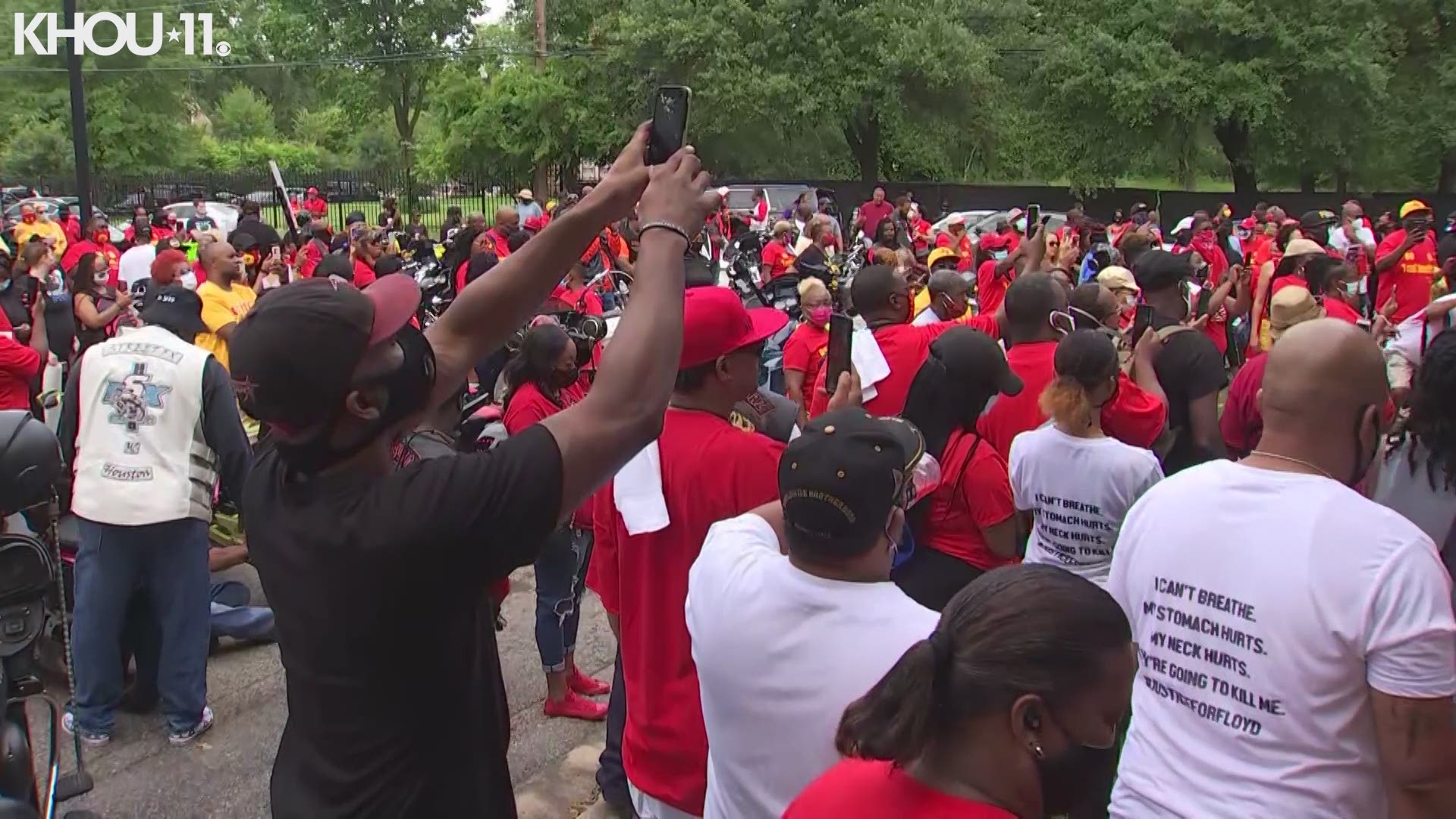Emergency workers in Ecuador urgently dug through massive heaps of rubble Monday looking for survivors of the monstrous earthquake that more than 400, collapsed buildings and ravaged the Andean nation's already brittle infrastructure.
Ecuador Security Minister Cesar Navas said the death toll had risen to 413. President Rafael Correa toured the overwhelmed Verdi Cervallos Regional Hospital in Portoviejo, comforting patients and assessing the hospital's ability to cope with the disaster.
“Though tragedies are huge, the Ecuadorian peoples’ spirits are bigger,” Correa told the Andes news service.
Luis Moya, physician at Verni Cevallos, told Andes that physicians had come from other provinces to help with the wounded, most of whom were injured by falling debris.
"It is a drama that is living," Moya said. "There are times you feel helpless."
The magnitude-7.8 temblor struck Saturday night; its epicenter was the sleepy fishing village of Muisne. The quake and more than 100 aftershocks rattled cities hundreds of miles away, knocking out electricity, water and communications to scores of communities.
Correa said 10,000 soldiers and more than 3,500 police officers were helping to dig out and maintain order in the hardest-hit cities strung along the nation's Pacific Coast. More than 800 volunteers and staff from the Ecuadorian Red Cross have been active in search and rescue operations, first aid and other support tasks, the Red Cross said.
Correa said search and rescue teams from Spain, Mexico and Colombia also were on the scene,
More than 100 deaths were confirmed in Portoviejo alone, the AP reported. Portoviejo is the provincial capital of Manabí, which took the brunt of the damage. In nearby Pedernales, Mayor Gabriel Alcivar told Agence France-Presse that many more bodies could be buried in the rubble of local hotels.
Days earlier the battered region was slammed by heavy rains and flooding. Chest-high waters in some areas had washed out roads and damaged infrastructure.
Landslides complicated emergency workers' efforts to reach some areas hardest hit by the quake. Many survivors were trapped beneath the rubble of collapsed buildings as rescue workers try to pull them out.
The quake caused damage as far away as 300 miles south of the epicenter. In the port city of Guayaquil, several buildings and a highway overpass collapsed. Several other buildings were damaged, and the roof of a shopping center crashed in.
"Reconstruction will cost billions of dollars," Correa told Reuters news service.
Secretary of State John Kerry said U.S. officials were monitoring rescue and recovery efforts and were ready to provide any needed assistance.
"We applaud the courage and skill of the first responders and of the talented Ecuadorian medical professionals, who are working so hard to find survivors and save lives," Kerry said.
New York Mayor Bill de Blasio expressed concern for the victims and their families, noting that the city is home to almost 140,000 Ecuadorians. He said the city's community affairs unit was working with community groups to determine how to best channel aid and support to the nation of 16 million people.
Since 1900, there have been seven magnitude-7.0 quakes within 155 miles of the epicenter of Saturday's massive earthquake. Saturday's earthquake could also be felt in northern Peru and southern Colombia. No injuries were reported there.
Contributing: Aamer Madhani

![AFP 551083230 I EAQ ECU [image : 83177922]](http://www.gannett-cdn.com/media/2016/04/18/USATODAY/USATODAY/635965668431306555-AFP-551083230.jpg)

